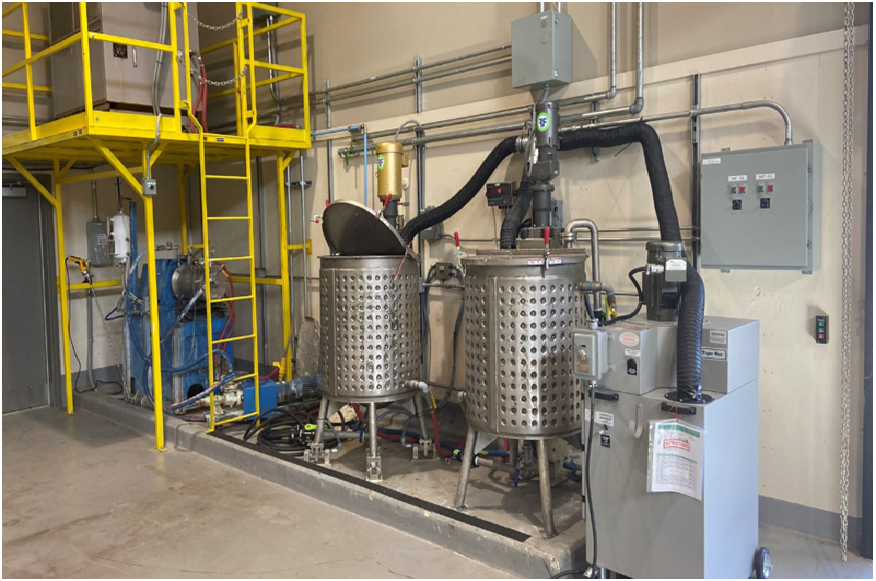The utilization of pilot plants is a pivotal aspect of advancing innovation within the biotechnology sector. These scaled-down versions of production systems allow for the testing, refinement, and scaling of processes before full-scale manufacturing. By bridging the gap between laboratory research and industrial production, pilot plants ensure that new products can be safely and efficiently brought to market.
Importance of Pilot Plants in Biotechnology
Pilot plants play an essential role in the biotechnology field by providing a controlled environment where new processes can be developed and optimized. This stage is critical for identifying potential issues and making necessary adjustments before large-scale production. For example, fine-tuning fermentation processes or testing the stability of biochemical reactions can save both time and resources.
Process Optimization and Risk Reduction
One of the significant advantages of pilot plants is their ability to optimize processes on a smaller scale. This controlled setting enables scientists and engineers to tweak variables such as temperature, pH, and reaction time, ensuring the highest possible yield and quality. Moreover, the pilot phase helps in identifying and mitigating risks that may not be apparent during laboratory experiments, thus safeguarding against potential production failures.
Enabling Cost-Efficient Scale-Up
Transitioning from laboratory research to full-scale production can be cost-prohibitive and fraught with challenges. Pilot plants provide a cost-effective intermediary step that allows for scaling up production processes without the high financial risk. This intermediate phase is essential for ensuring that the final product can be produced economically on a commercial scale.
Pilot Production
Pilot production is the phase where processes are tested on a pre-commercial scale, allowing for further refinement and validation. During this stage, product characteristics and quality are continuously monitored, ensuring that the final product is consistent with specifications. This process also enables manufacturers to identify potential issues before entering full-scale production, saving time and resources. To gain deeper insights into pilot production, you may consider exploring detailed discussions on the things to know about pilot production.
Applications in Various Biotechnological Sectors
Pilot plants are utilized across various sectors within biotechnology, including pharmaceuticals, agricultural biotechnology, and environmental biotechnology. For instance, in pharmaceutical development, pilot plants are crucial for producing clinical trial materials and validating manufacturing processes. In agricultural biotechnology, they help develop and scale up new crop protection products or genetically modified organisms.
Advancements Facilitated by Pilot Plants
The role of pilot plants in chemical process development is indispensable. These advancements not only expedite the development of new products but also enhance the sustainability and efficiency of existing processes.
Conclusion
In summary, pilot plants are invaluable in accelerating innovation within the biotechnology sector. They provide a crucial testing ground to optimize processes, minimize risks, and ensure cost-effective scale-up. By enabling the transition from laboratory research to full-scale production, pilot plants play a fundamental role in bringing groundbreaking biotechnological innovations to market.



